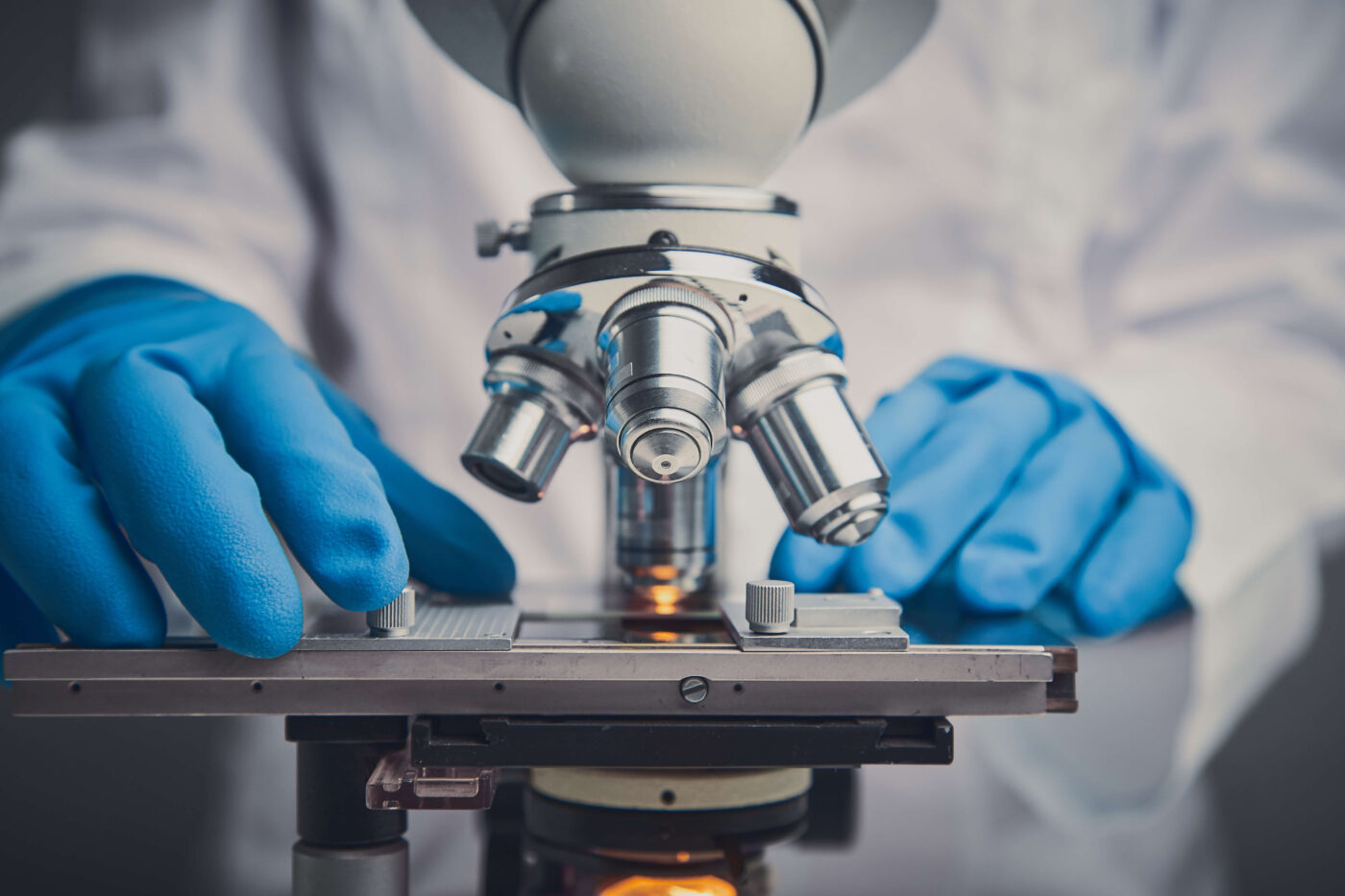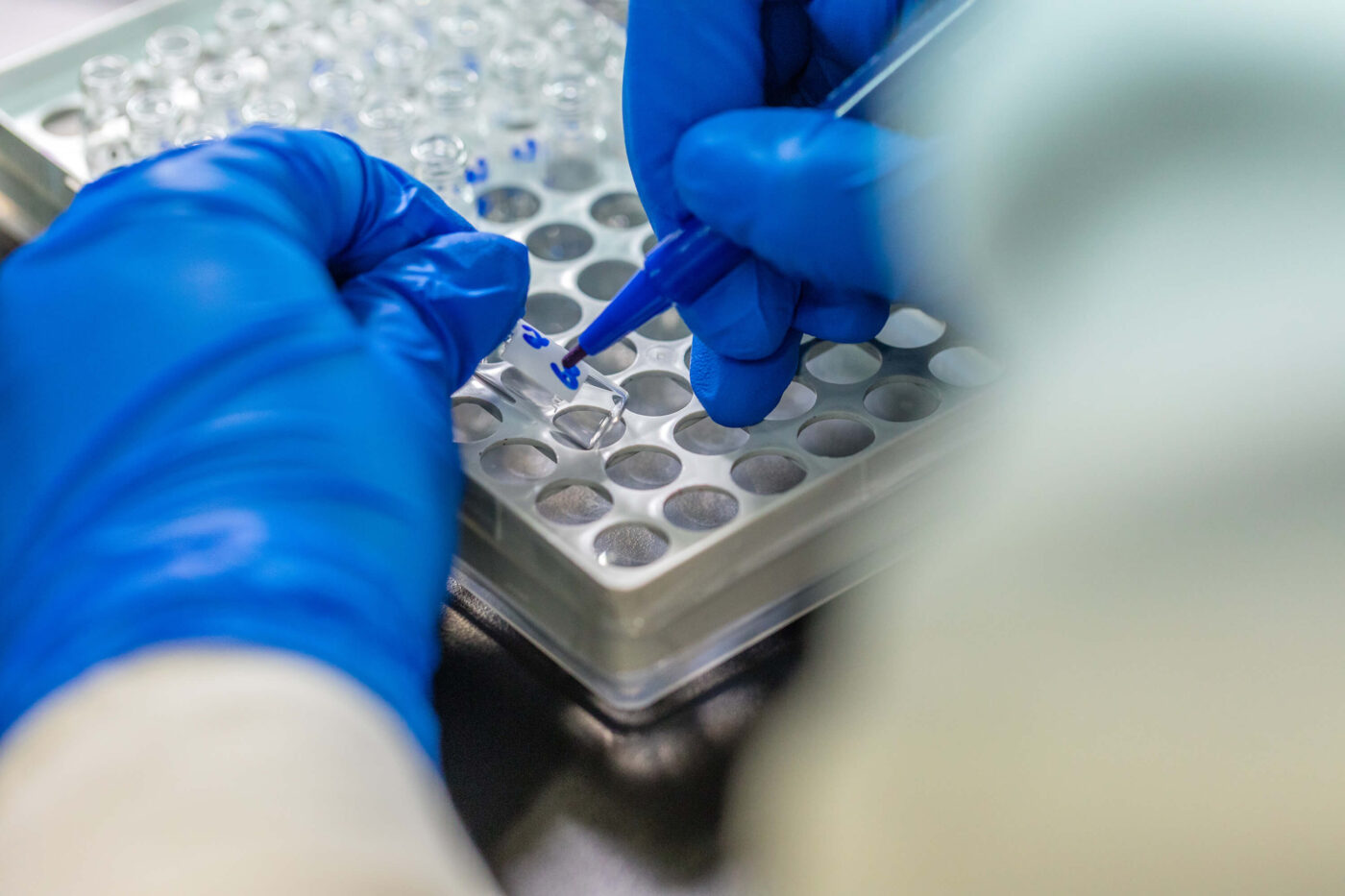Our Science
From the beginning, our Research & Development team has focused on advancing a pipeline that includes potentially first-in-class and best-in-class molecules. We are working toward this goal with one of the largest oncology research teams in the world, and a global clinical development organization that oversees dozens of clinical trials. The strength and quality of this work is validated by our clinical trial results, regulatory approvals, and our collaborations.

Disease Focus
Cancer patients worldwide are challenged by unmet medical needs every day: some struggle to find treatments that are sufficiently effective against their disease; others find a promising treatment but are unable to afford it.
We are advancing an innovative, high-value product candidate portfolio focused primarily on hematology and solid tumors, with the aim of discovering additional first-in-class or best-in-class innovative medicines.
It’s all about creating impactful medicines intended to be accessible and affordable for far more patients around the world.

Our Research & Approach
An Innovative Approach That Leverages Biology and Scale
Our approach to cancer biology unites cutting-edge research models and processes for drug discovery with the scale of a global organization. We are particularly interested in immuno-oncology, a cornerstone of cancer treatments. There is tremendous potential for synergistic combinations of cancer immunotherapies, and for combining cancer immunotherapies with other therapies.
Extensive array of novel cancer models
We have built an extensive array of novel in vitro, ex vivo and in vivo cancer models to help us better select targets, and to screen and evaluate agents that may have significant potential, alone or in combination. It is important that our discovery engine factors in tumor-immune system interactions and primary tumor biopsies to develop new cancer models. By integrating elements of the human immune system, our cancer models enable us to evaluate potential drug candidates in conditions that mimic cancer at the time of treatment. This is especially significant when drug discovery depends on evaluating multiple combinations and regimens that target specific mutations while simultaneously immobilizing cancer cells’ defenses.





